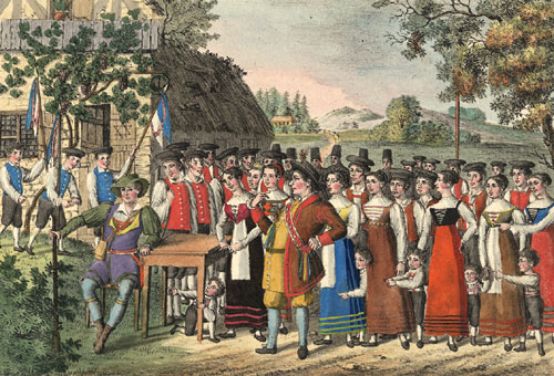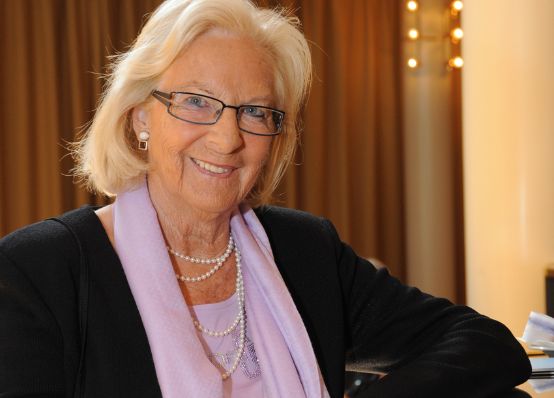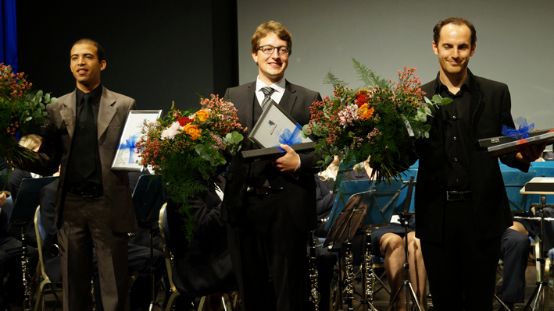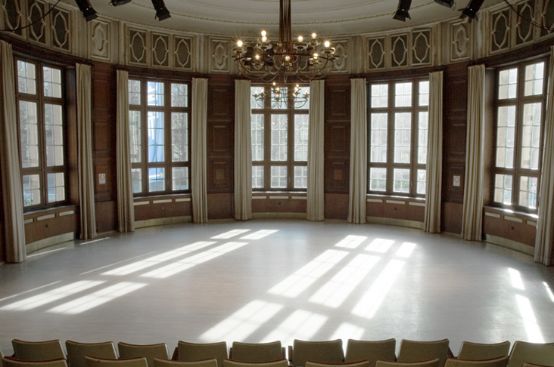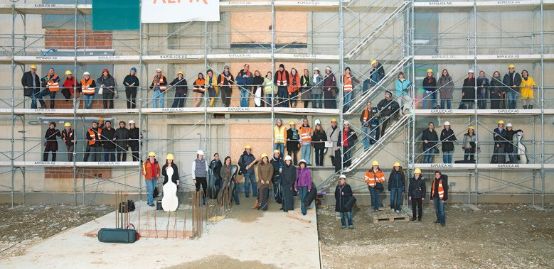Masterful transitions
The Huh sisters interpret piano trios by Haydn and Shostakovich with a keen ear.
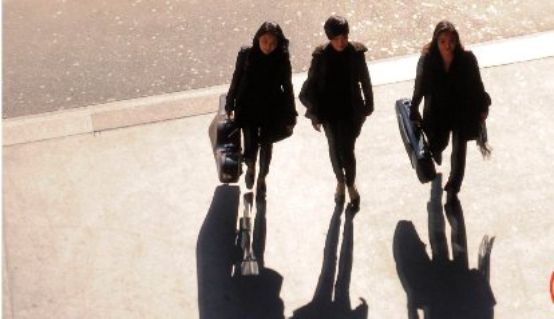
Underestimated among themselves: Joseph Haydn and Dmitri Shostakovich not only share the fate of having stood in the shadow of others, but also reveal astonishing similarities. Their clarity is striking. They also share a sense of humor, which in Shostakovich's case can sometimes turn into bitter sarcasm. This is not yet so strongly expressed in his early work, the Piano Trio No. 1 in C minor, composed in 1923. But it is all the more drastic in the second piano trio Opus 67 from 1944, in the last movement of which Shostakovich indulges in the piercing persistence for which he became famous (and infamous).
Nothing escapes the Huh trio. They energetically - "beauty of tone is a minor matter" - take on such rhythmically pounding passages. On the other hand, they formulate the vocabulary of Joseph Haydn in his E flat major Trio No. 29 from 1784 in a finely chiselled manner. Many people don't know what to do with Haydn's chamber music, overdoing the varied play with tempi and timbres. The Huhs are completely different: with the first powerful chord, everything takes its natural and at the same time very flexible course. Rarely have we heard such a fine attacca as in the transition from the andantino to the finale.
Transitions of a cultural nature characterize the biographies of the Huh sisters. They were born in Korea and play an important role in cultural life there, but also often give concerts in Europe. Cellist Yun-Jung and violinist Hee-Jung teach in Seoul, while pianist Seung-Yeun is a lecturer at the Zurich University of the Arts and director of the Zurich City Conservatory music school.
The CD's sound engineer, Jan Zácek, is interested in transitions of a different kind. The recording also deserves the highest praise because he so congenially designed the path from the instruments to the hard disk. Simply a great pleasure to listen to!
Piano trios by Joseph Haydn and Dmitri Shostakovich. Huh-Trio: Seung-Yeun Huh, piano; Hee-Jung Huh, violin; Yun-Jung Huh, cello. Acustica Records









